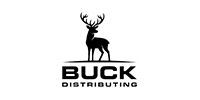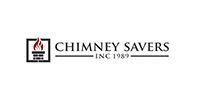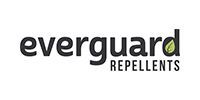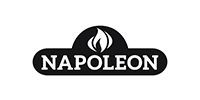FAQs
The Chimney Guy, LLC
What area do you service?
Our service area covers Pittsburgh and several counties in Pennsylvania, including Allegheny, Greene, Fayette, Westmorland, Washington, and Monongahela. If you're in need of professional chimney repairs in any of these locations, don't hesitate to contact The Chimney Guy, LLC.What is the difference between an estimate and an inspection?
An estimate typically focuses on masonry repairs, while a chimney inspection is primarily concerned with identifying safety issues. If you're experiencing a leak, you'll likely need an estimate rather than an inspection.Why do I need a chimney inspection?
The National Fire Protection Association recommends annual chimney inspections and cleanings. This is crucial for safety, as the Chimney Safety Institute of America reports approximately 25,000 residential chimney fires each year. Regular inspections and maintenance can significantly reduce your risk of experiencing such incidents.Why does every chimney need a cap?
Chimney caps serve multiple important functions. They prevent rain and snow from entering, which can cause moisture damage and lead to costly repairs. Additionally, they keep animals out of your chimney and prevent burning embers and sparks from escaping onto your roof or yard. For chimney sweeping or repair services, please contact us today.Why is it important to clean your oil and gas furnaces?
Regular cleaning of oil and gas furnaces is crucial for several reasons. It helps prevent carbon monoxide leaks, improves fuel efficiency, ensures consistent heating performance, extends equipment life, reduces allergens and pollutants in your home's air, and maintains warranty compliance. Annual professional inspections, regular air filter replacements, and prompt attention to any performance issues are key to maintaining your furnace's safety and efficiency.







